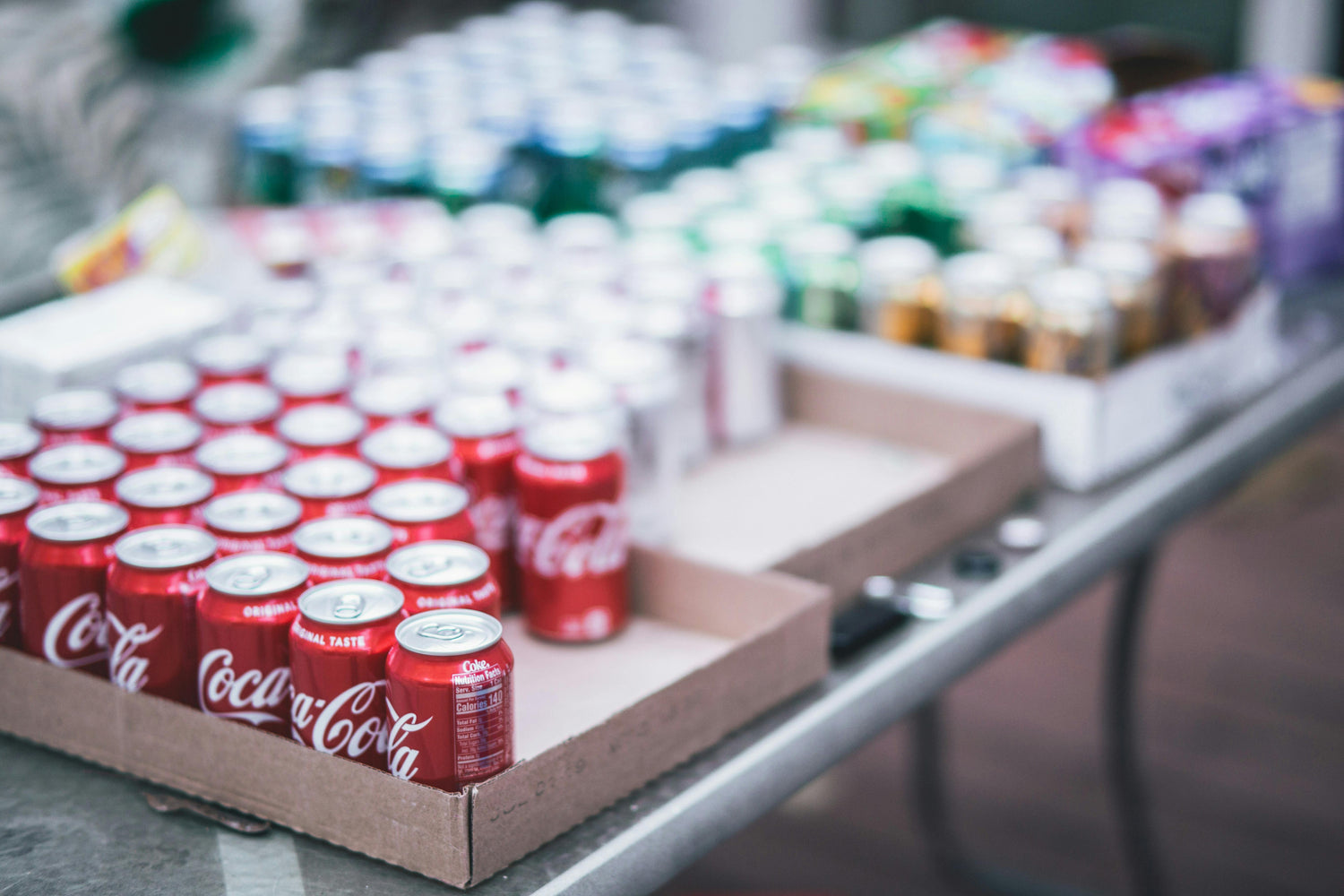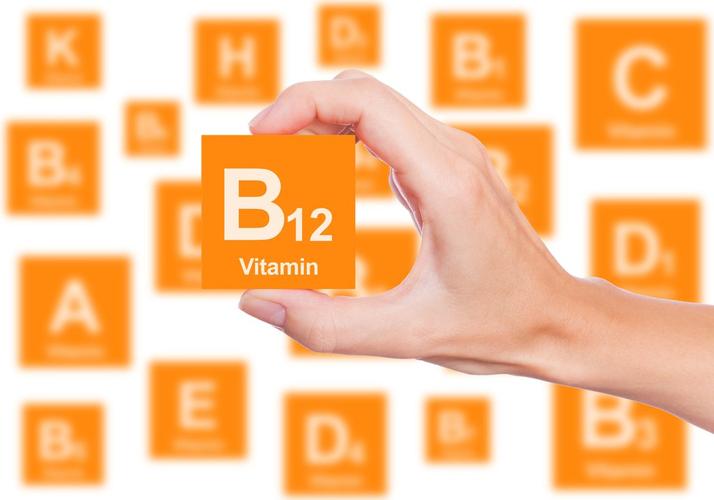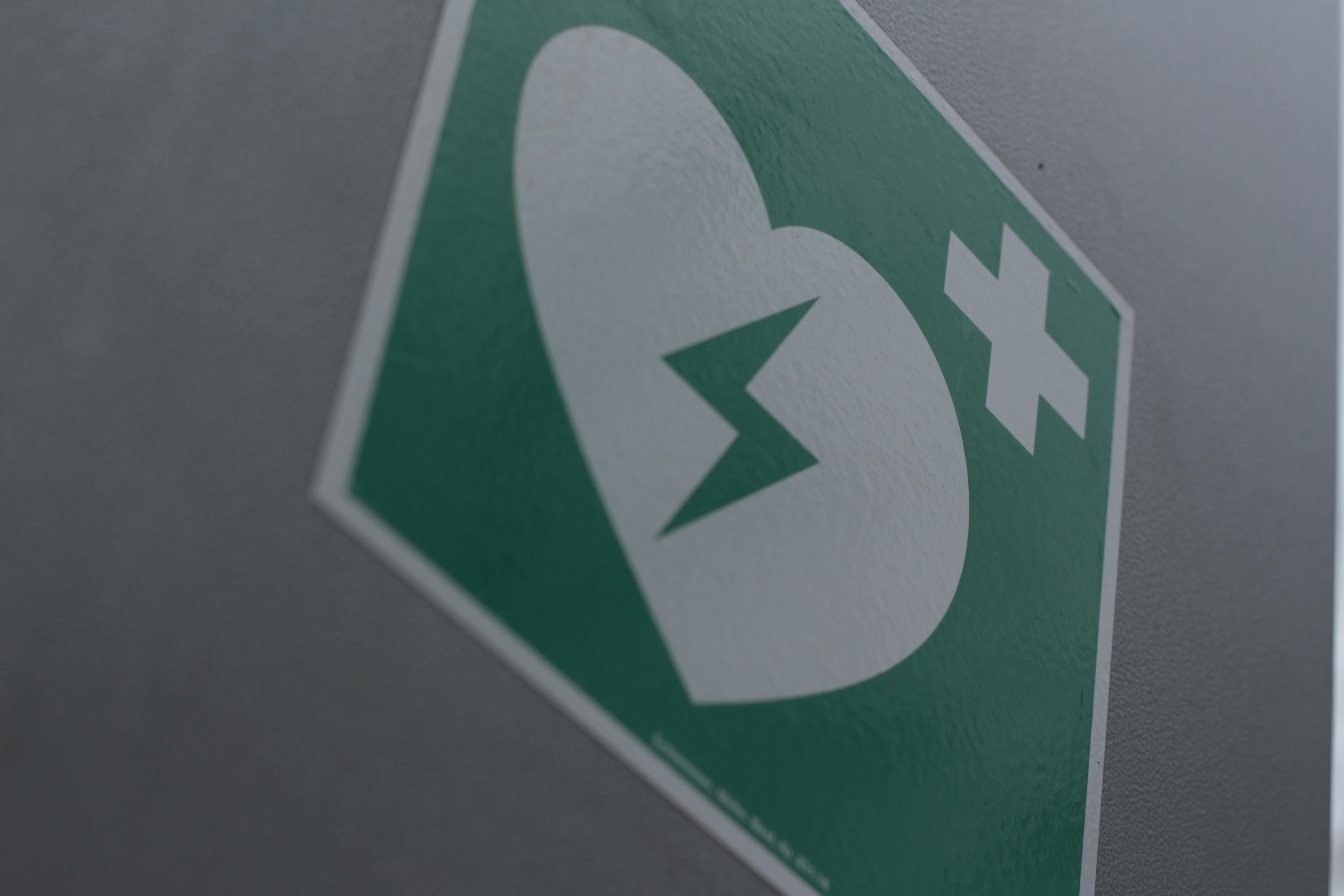Vivir con diabetes requiere una gestión cuidadosa de la dieta, incluyendo el monitoreo de la ingesta de azúcar tanto de alimentos como de bebidas. Una idea errónea común es que las personas con diabetes deben evitar completamente las frutas y ciertas bebidas. Sin embargo, con el conocimiento adecuado y la moderación, las personas con diabetes aún pueden disfrutar de estos alimentos de forma segura. En este blog, exploraremos cómo los pacientes diabéticos pueden manejar el consumo de frutas y la elección de bebidas para una mejor salud.
Cómo los diabéticos pueden resistir la tentación de las frutas

Aunque fomentar el consumo diario de frutas frescas es una recomendación común, para las personas con diabetes, comer frutas requiere una consideración cuidadosa. Siguiendo estas tres pautas, los diabéticos pueden disfrutar de las frutas con confianza sin comprometer su salud.
1. El momento importa
Para las personas con niveles de azúcar en sangre mal controlados, no es aconsejable consumir frutas. En su lugar, pueden optar por verduras como tomates y pepinos como sustitutos. Cuando los niveles de azúcar en sangre están bien controlados, indicados por niveles de azúcar en ayunas por debajo de 7.0 mmol/L y niveles postprandiales por debajo de 10.0 mmol/L, se pueden consumir frutas en cantidades limitadas.
2. Elija frutas sabiamente
Se recomienda elegir frutas con un impacto relativamente mínimo en los niveles de azúcar en la sangre, como manzanas verdes, ciruelas, duraznos, pomelos, fresas, sandía, pitahaya y naranjas. La ingesta diaria no debe superar los 200 gramos. Las frutas con alto contenido de azúcar como plátanos, dátiles, lichis, uvas rojas y piñas deben ser evitadas por los diabéticos.
3. Momento del consumo de frutas
Consumir frutas inmediatamente después de las comidas puede provocar un aumento en los niveles de azúcar en la sangre, aumentando la carga sobre el páncreas. Se aconseja comer frutas entre comidas cuando el estómago está relativamente vacío. Durante este tiempo, las vitaminas y minerales de las frutas pueden ser absorbidos rápidamente en un estado relativamente de ayuno, reduciendo la probabilidad de hinchazón.
Cómo los diabéticos pueden resistir la tentación de las bebidas refrescantes

1. Opte por agua simple
No sustituya el agua con bebidas. Beba una cantidad adecuada de agua, poco a poco. Bajo condiciones climáticas suaves y niveles bajos de actividad física, se recomienda que los hombres adultos consuman 1700 mililitros de agua diariamente, y las mujeres adultas consuman 1500 mililitros.
2. Elegir bebidas de té
Se recomiendan opciones como té verde, té negro, té blanco, tés de hierbas, té oolong, té de alforfón o té de cebada. Evite las bebidas comerciales de té verde o té negro. El té verde es rico en ácido glutámico, que previene el envejecimiento, y ácido aspártico, que fortalece la inmunidad. También tiene efectos diuréticos y para aliviar el estrés. Sin embargo, el consumo excesivo o demasiado fuerte de té puede afectar el sueño o la eficacia de los medicamentos.
3. Consumo moderado de café
El café tiene varios beneficios como vasodilatación, alerta, alivio del estreñimiento, diuresis y mejora de la resistencia a la insulina. Sin embargo, beber café por la noche puede alterar el ritmo circadiano en pacientes diabéticos, y agregar edulcorantes artificiales o cremas al café puede llevar a una ingesta excesiva de energía.
4. Consumir jugo de fruta fresca con moderación
Cuando el azúcar en sangre está bien controlado, se pueden consumir pequeñas cantidades de jugo de fruta fresca. Además, se pueden consumir leche de soja sin azúcar o baja en azúcar y leche fresca.
5. Limitar el consumo de alcohol
Los diabéticos deben abstenerse de fumar y limitar el consumo de alcohol. Si consumen alcohol, el vino blanco no debe exceder los 50 mililitros por día, la cerveza no debe exceder los 300 mililitros por día y el vino tinto no debe exceder los 100 mililitros por día.
6. Reducir o evitar las bebidas azucaradas y carbonatadas
Varias bebidas azucaradas tienen un alto contenido de azúcar y energía, lo que conduce a aumentos rápidos en los niveles de azúcar en sangre y aumento de peso. Los diabéticos deben evitar las bebidas azucaradas y las bebidas carbonatadas.
7. Evitar las bebidas sin azúcar disponibles comercialmente si es posible
Las bebidas sin azúcar pueden no contener sacarosa en el procesamiento, pero aún pueden contener fructosa o lactosa (en jugos y yogures). Eventualmente, estos azúcares pueden convertirse en glucosa y entrar en el torrente sanguíneo, lo que lleva a aumentos rápidos en el azúcar en sangre. Por lo tanto, los productos y bebidas sin sacarosa no necesariamente previenen picos de azúcar en sangre. Si un diabético desea consumir bebidas sin azúcar, es aconsejable usar un medidor de glucosa para monitorear los cambios en el azúcar en sangre antes y después del consumo. Si los niveles de azúcar en sangre aumentan rápidamente 1-2 horas después del consumo, se recomienda suspender su uso.
Reflexiones finales
En conclusión, aunque vivir con diabetes requiere vigilancia y disciplina en las elecciones dietéticas, no significa una privación completa de alimentos y bebidas agradables. Al seguir pautas como el momento consciente para consumir frutas, la selección sabia de frutas y la moderación en las elecciones de bebidas, las personas con diabetes pueden navegar de manera segura y placentera el tentador mundo de las frutas y bebidas. Es esencial recordar que el cuerpo de cada persona reacciona de manera diferente, por lo que consultar con profesionales de la salud y monitorear regularmente los niveles de azúcar en sangre son pasos cruciales para mantener una salud óptima mientras se disfruta de un capricho ocasional.








Dejar un comentario
Todos los comentarios se revisan antes de su publicación.
Este sitio está protegido por hCaptcha y se aplican la Política de privacidad de hCaptcha y los Términos del servicio.